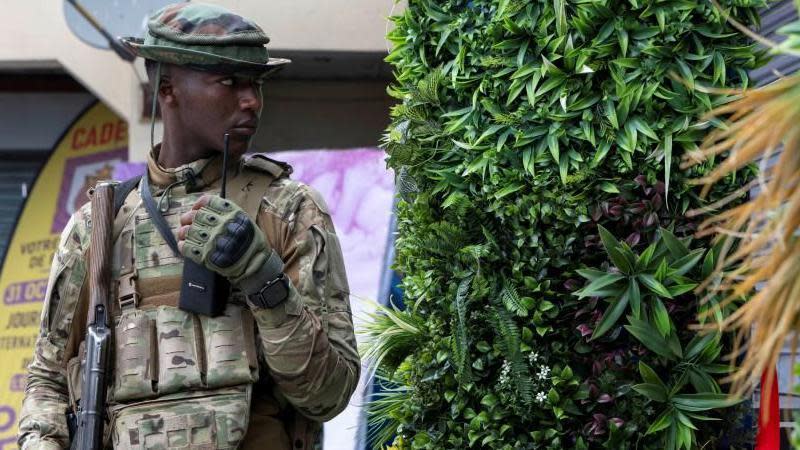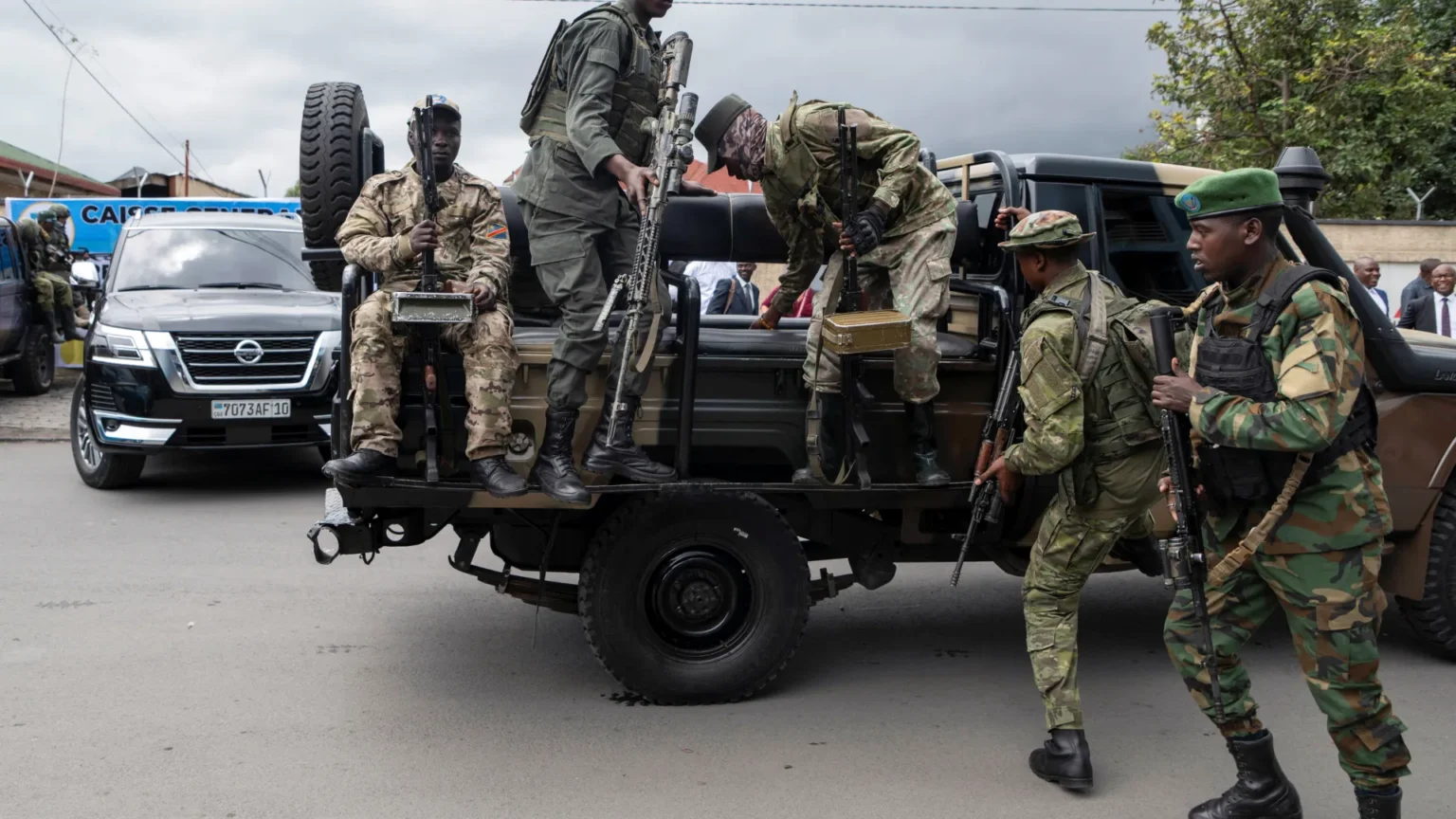After months of intense fighting that claimed thousands of lives, the DR Congo(DRC) and the Rwandan-backed M23 rebel group have agreed to a ceasefire following peace negotiations held in Qatar. This breakthrough comes as a hopeful sign for a region long scarred by conflict and instability.
The ceasefire agreement, announced jointly by the DRC government and M23 representatives, aims to halt hostilities immediately and provide a platform for further dialogue. The negotiations, described as candid and constructive by participants, mark a rare moment of progress in a conflict that has spanned years and devastated eastern Congo.
Since January, clashes between government forces and M23 rebels have caused more than 7,000 deaths, displacing thousands of families and destabilizing the region economically and socially. The fighting has affected not only military personnel but also countless civilians caught in the crossfire, many of whom have lost homes, loved ones, and livelihoods.
A Step Toward Lasting Peace
The ceasefire is more than just a pause in violence; it represents a critical opening for addressing the deeper political and social grievances that have fueled the conflict. Both sides have committed to continued negotiations aimed at resolving long-standing disputes related to governance, security, and resource management.

While previous attempts at peace have faltered, the involvement of Qatar as a mediator has brought renewed optimism. The Gulf state successfully brokered talks after earlier mediation efforts in Angola were rejected by the rebel group. This fresh diplomatic push may prove decisive in breaking the cycle of violence.
Regional leaders and international observers have expressed cautious hope that this ceasefire could pave the way for a more durable peace. Belgium’s Foreign Affairs Minister, for example, called the agreement a crucial step in ending the violence and emphasized the importance of sustained international support to help consolidate the gains made so far.
The Human Toll and Urgency for Resolution
The conflict has had a profound human impact beyond the battlefield. Displacement has forced many families into overcrowded camps with limited access to food, clean water, and medical care. The resulting humanitarian crisis has strained local and international aid agencies, highlighting the urgent need for a resolution.
Children and women have been disproportionately affected, with schools closing and healthcare services disrupted. The emotional scars left on communities will take years to heal, underscoring the importance of a peace process that addresses not only political but also social and economic dimensions.
Challenges Ahead
Despite the promise of the ceasefire, significant challenges remain. Trust between the government and M23 rebels is fragile, and violations of previous agreements have occurred. The peace talks will need to navigate complex issues, including disarmament, integration of rebel fighters, and ensuring security for all communities in the region.
The geopolitical dynamics in Central Africa add further complexity. Neighboring countries, including Rwanda, have been accused of supporting the M23 rebels, a charge they deny. Achieving peace will require coordinated efforts not just within the DRC but across the region, involving multiple stakeholders committed to stability.
The Role of International Community
International organizations and foreign governments have a key role to play in supporting the peace process. From facilitating dialogue and providing humanitarian aid to monitoring ceasefire compliance and supporting reconstruction efforts, the global community’s involvement remains critical.
Sustained funding for relief programs and peace-building initiatives will be essential to prevent a relapse into conflict. Moreover, fostering economic development and addressing root causes such as poverty and inequality can help create conditions conducive to lasting peace.
Looking Forward
The ceasefire agreement in Qatar is a moment of hope for the people of eastern Congo and the broader region. It signals the possibility of moving beyond decades of violence toward a future of stability and prosperity.
Yet, peace will not be achieved overnight. It will require patience, resilience, and unwavering commitment from all parties involved. The road ahead is challenging, but this breakthrough offers a vital foundation on which to build a more peaceful and secure Congo.
For the millions affected by this conflict, the ceasefire brings a much-needed reprieve and a chance to envision a better tomorrow. With continued dialogue and international support, there is reason to believe that this moment of hope can be transformed into lasting peace.
Secretary Rubio’s Middle East Tour Marks New Era of Global Cooperation



